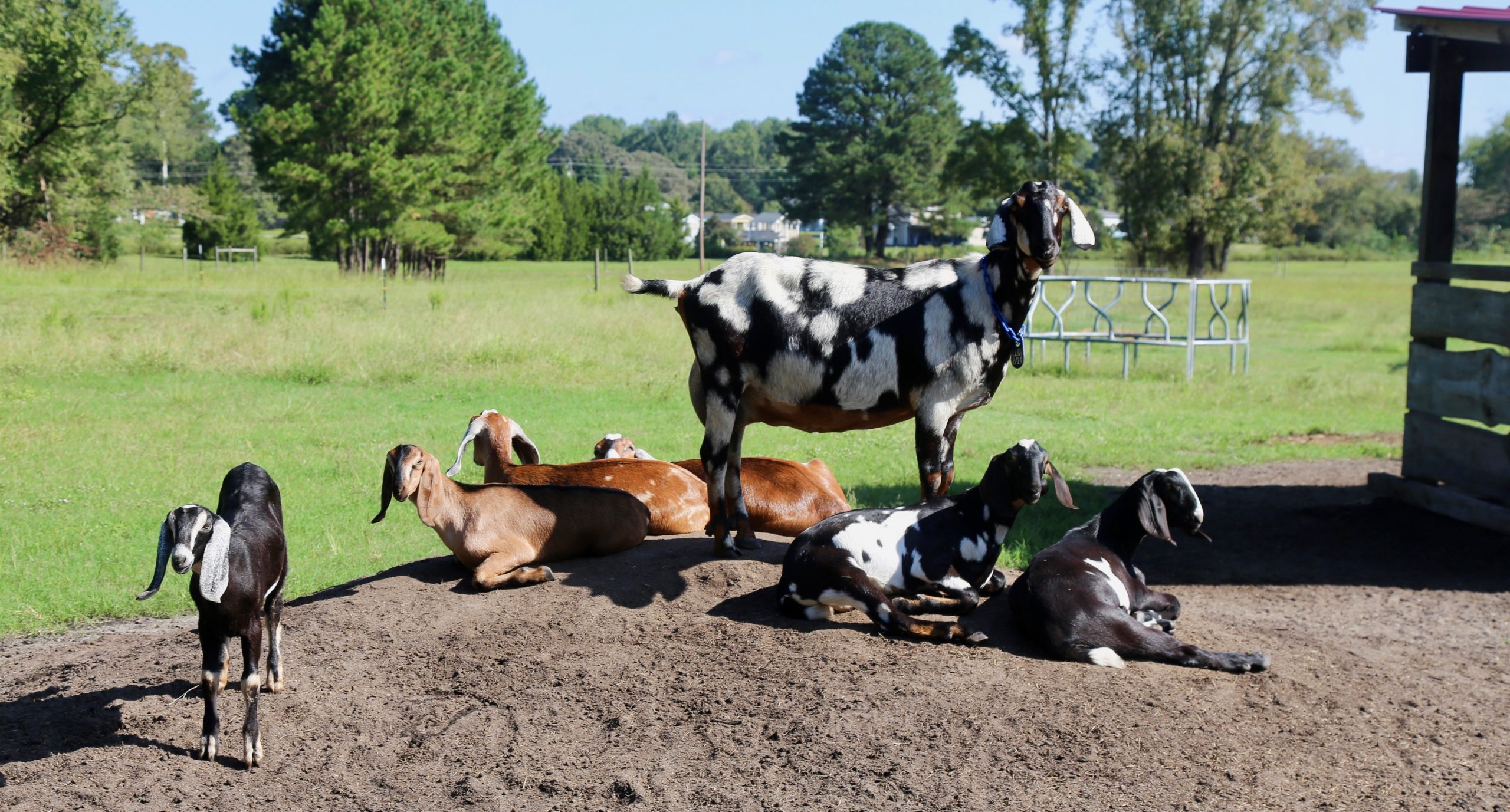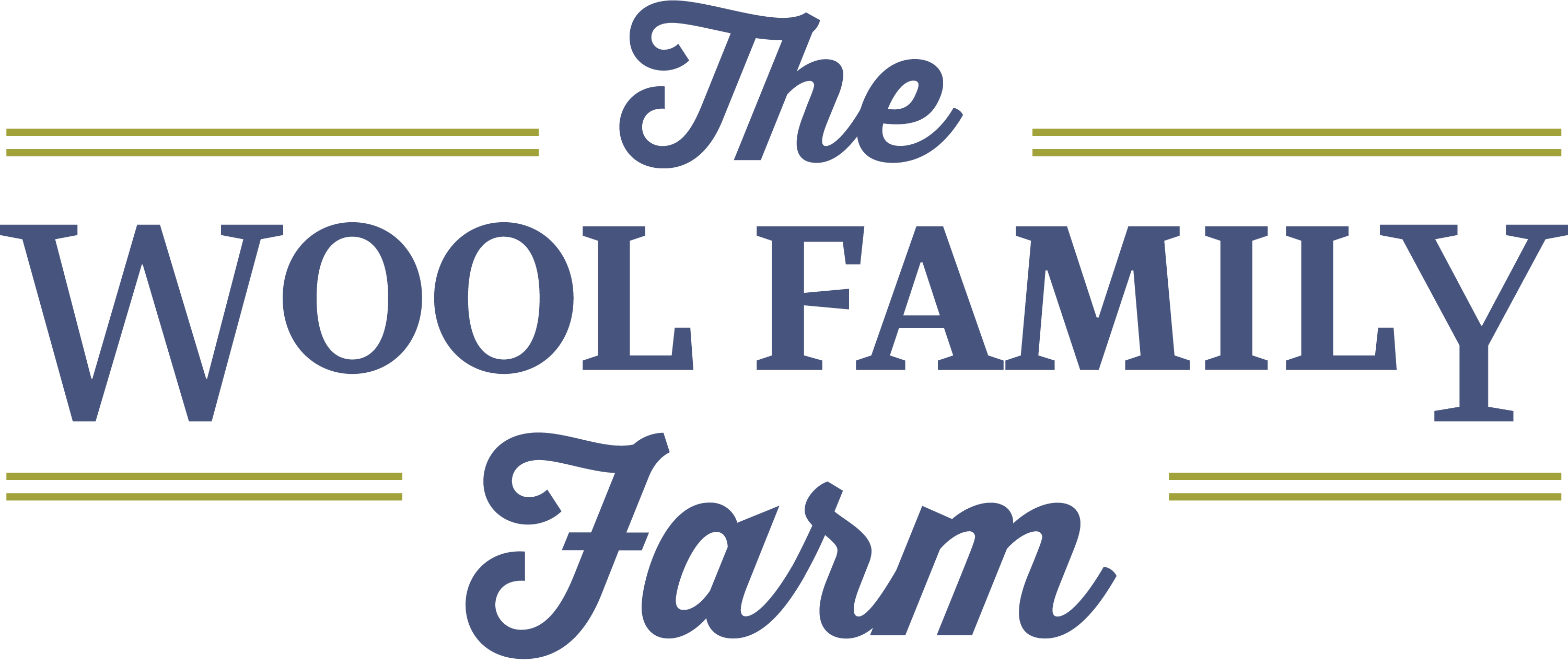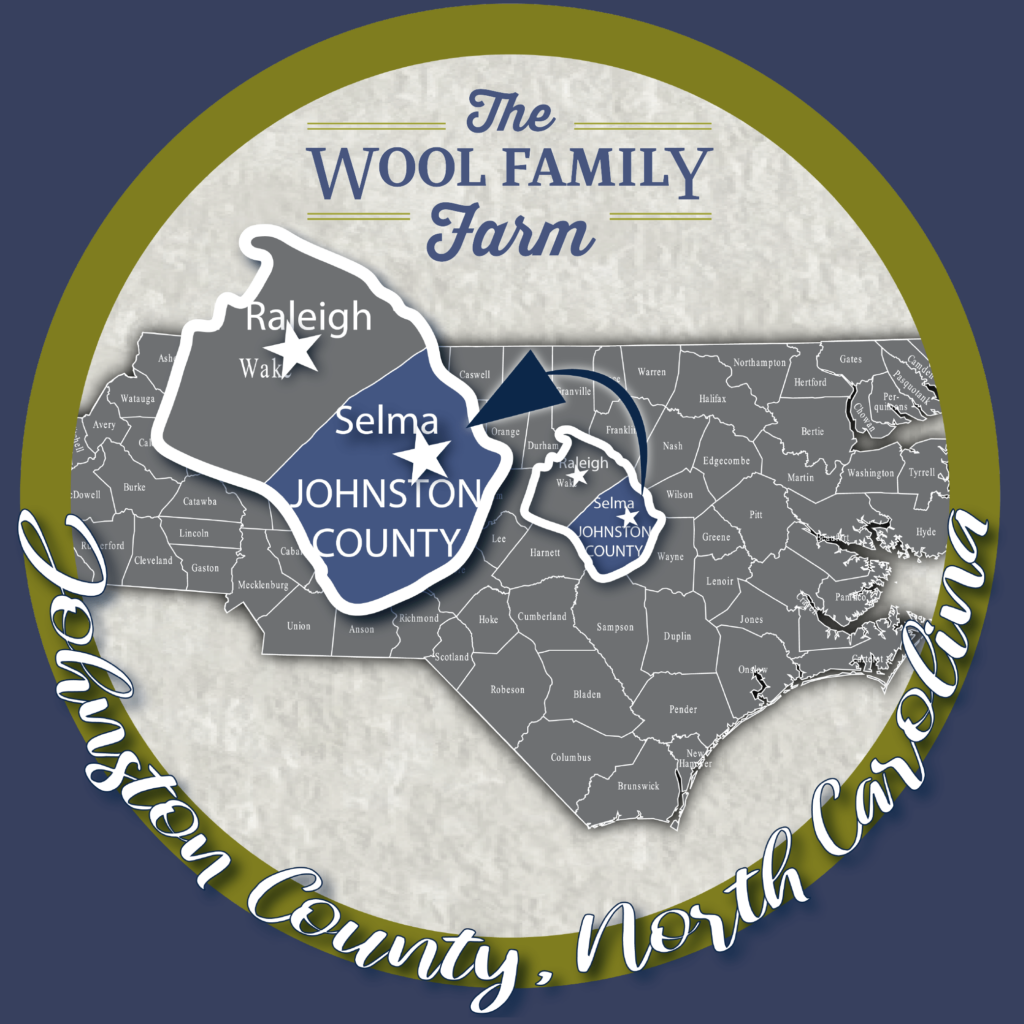
Herd Management
& Sales Philosophy
Herd Management & Sales Philosophy
Interested in adding a few Nubian goats to your herd? We firmly believe that the welfare of our animals is of the utmost importance. We make every effort to place our goats in the right homes while helping our customers fulfill their goals. Therefore, we want to share our herd management practices and approach to selling animals to help you decide if our goats are right for you.
Our Herd Management Practices
Over the years, we have modeled our herd management practices after those of our mentors and fellow local breeders with over 50 combined years of goat raising experience. In addition, we follow best practices and recommendations from our local dairy and goat production organizations, including The American Dairy Goat Association, the North Carolina Dairy Goat Breeders Association, and the Johnston County Goat Producers Association.
Herd Health and Welfare is Vital
The health and welfare of our diary goats—and all of our animals—is our highest priority. We believe that providing the highest quality feed and hay, water, and minerals helps to maximize wellness and production. We optimize the different nutritional requirements of bucks versus does.
In addition, we pay close attention to the special needs of our herd during times of stress, such as breeding, kidding, lactation, or moving to a new pasture or home. Furthermore, we provide opportunities for goats to act like goats, such as platforms to jump on and dirt mounds to climb.
Our Goats are Dam-raised
We prefer to let our goats be goats. This includes raising their young. We leave buck kids with their dams for eight to ten weeks and doe kids for twelve to fourteen weeks. Some people believe that bottle-raised kids are easier to handle and that dam-raised kids are wild. In our experience, it doesn’t matter so much how they were raised. What’s most important is spending quality time with each goat, getting to know them and letting them get to know you.
Our Goats are Disbudded
We disbud all our goats for their safety, as well as ours. Goats with horns can easily get trapped in wire fencing, and horned goats can also harm udders and damage unborn kids. Furthermore, the American Dairy Goat Association requires all goats to be disbudded for showing. Disbudding allows us to participate in local dairy goat shows and to offer goats to customers who want to show.
Our Goats are Vaccinated
We believe in the importance of vaccinations against common goat ailments. Our goats receive regular CDT vaccinations, which protect all small ruminants against clostridium organisms commonly found in the environment, including the soil. Goats are highly susceptible to illness due to changes in feed, environment, and exposure to new animals. The CDT vaccine helps to reduce stress-related illness when goats go to new homes.
Our Goats are Registered
Our dairy goats are registered with American Dairy Goat Association (ADGA), which is the largest dairy goat registry in the United States, with over one million animals registered. We believe this is the best way to provide our customers with verified pedigree, lineage, and production appraisals.
As members of ADGA, we have access to tools such as ADGA Genetics, which enable us to assess and plan breeding pairs to help us build consistency without excessive inbreeding.
However, the recent evolution of the ADGA’s online registration systems combined with the interruption of the pandemic means that ADGA recordinas may not be up to date. This is especially true with linear appraisal and one-day milk test results.
Meticulous Herd Records
We meticulously maintain our own herd records, including details of each animal’s feed and nutrition program, vaccinations, blood testing, breeding, kidding, and medical history. In addition, we record linear appraisal scores, show results, and milk testing history.
Our Sales Philosophy
Our Registered Nubians for Sale page lists our currently available animals. We offer buck and doe kids, dry yearlings, and sometimes mature animals.
Sales Philosophy #1—Match the Right Goat to the Right Customer
We strive to match our customers with the goat(s) that best meet their needs. However, we strongly prefer buyers with previous goat experience or those willing to invest in two to three animals to start their herd. Moving to a new home is stressful for a goat. Whenever possible, we prefer to sell two or three goats together to minimize the stress of moving to a new environment.
Sales Philopsophy #2—Give Our Customers the best Information
When you purchase a goat from us, you will receive the animal’s ADGA registration papers and a customized Bill of Sale with photos of your goat. You will also receive a Animal Health History showing your goat’s nutrition program, vaccinations, deworming records, and for mature does, previous kidding records.
Sales Philosophy #3—Pricing Reflects Management Practices
Great care has gone into the breeding and care of your potential new goat(s). Regardless of what you intend to do with your dairy goats—home milking, dairy, show, or pets—our prices reflect our herd management practices and reflect the resources required to maintain the health, quality, and production of our herd.
Our prices start at $500 for bucks and $650 for does. Age, pedigree, and, to a certain extent, color and/or pattern may impact these prices. Mature milking does start at $850. We offer discounts when purchasing three or more goats and may occasionally offer a companion wether at a discount.
How Can We Help You?
If you have any questions or would like to see our herd, please visit us in Selma, North Carolina.
As a small family farm with many obligations, we offer farm visits by appointment rather than regular visiting hours. If our calendar does not have availability that meets your needs, please give us a call at (919) 307-1409 and leave a detailed message, including dates and times that you will be in our area. We will get back to you as soon as possible and make every effort to accommodate your schedule.


